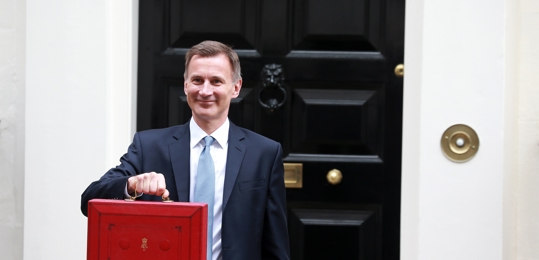As the calendar flips to the new tax year in the United Kingdom, it's crucial for individuals and businesses alike to stay informed about the latest changes in tax regulations. The 2024-25 tax year brings several adjustments that could impact your financial planning and obligations. Let's delve into the key changes that taxpayers need to be aware of:
National Insurance (NI) Cuts
The government has taken steps to ease the tax burden for 29 million working people. Effective from 6 April 2024, the main rate of employee National Insurance has been reduced by 2 percentage points, dropping from 10% to 8%. This change aims to put more money back into the pockets of hardworking individuals.
For the self-employed, the main rate of self-employed National Insurance has also been slashed by an additional 2 percentage points, making the new rate 6% (previously 9%). This reduction, combined with the abolition of Class 2 contributions, translates to an average annual saving of £650 for self-employed individuals earning around £28,000.
High Income Child Benefit Charge (HICBC) Reform
The HICBC applies to higher earners who receive Child Benefit or whose partner receives it. Starting from April 2024, the income threshold at which the HICBC kicks in has been raised from £50,000 to £60,000.
Additionally, the rate at which the HICBC is charged has been halved. It now stands at 1% for every £200 earned above the threshold. As a result, Child Benefit will not be fully withdrawn until individuals earn £80,000 or higher.
Approximately 485,000 hard-working families are expected to benefit, receiving an average of £1,260 to support the costs of raising their children. Moreover, 170,000 families will no longer be subject to this tax charge.
Capital Gains Tax (CGT) Reduction
The higher rate of CGT on property (currently 28% for second homes or buy-to-lets) will be reduced to 24% starting from 6 April 2024.
Basis Period Reform
A significant change for businesses: From the tax year 2024-25, profit or loss calculations will follow a tax year basis. This means that a business’s profit or loss will be based on actual income or loss during that year, regardless of its accounting date. This reform eliminates basis period rules and prevents further overlap relief.
Income Tax Thresholds and Allowances
Personal Allowance: Remains at £12,570 for the 2024/25 tax year. It is expected to be frozen until 2028.
Higher Rate Threshold: Stays at £50,270 for the same period, also expected to be frozen until 2028.
Additional Rate Threshold: Remains at £125,140.
Staying informed about tax changes throughout the year is crucial for compliance and effective financial management. Regularly reviewing your tax position and seeking professional advice from a company such as PayStream can help you optimise your tax liabilities and take advantage of available reliefs and allowances.





